Detritivores Definition or What are Detritivores ?
Detritivores are an important group of organisms that play a vital role in ecosystems by consuming and breaking down decaying organic matter. They contribute to the process of decomposition, nutrient recycling, and the overall health of ecosystems.
Examples of detritivores can be found across various habitats, including terrestrial, freshwater, and marine environments.Earthworms, for instance, are detritivores commonly found in soil, where they feed on dead plant material, leaves, and organic debris, facilitating the breakdown and decomposition of organic matter.
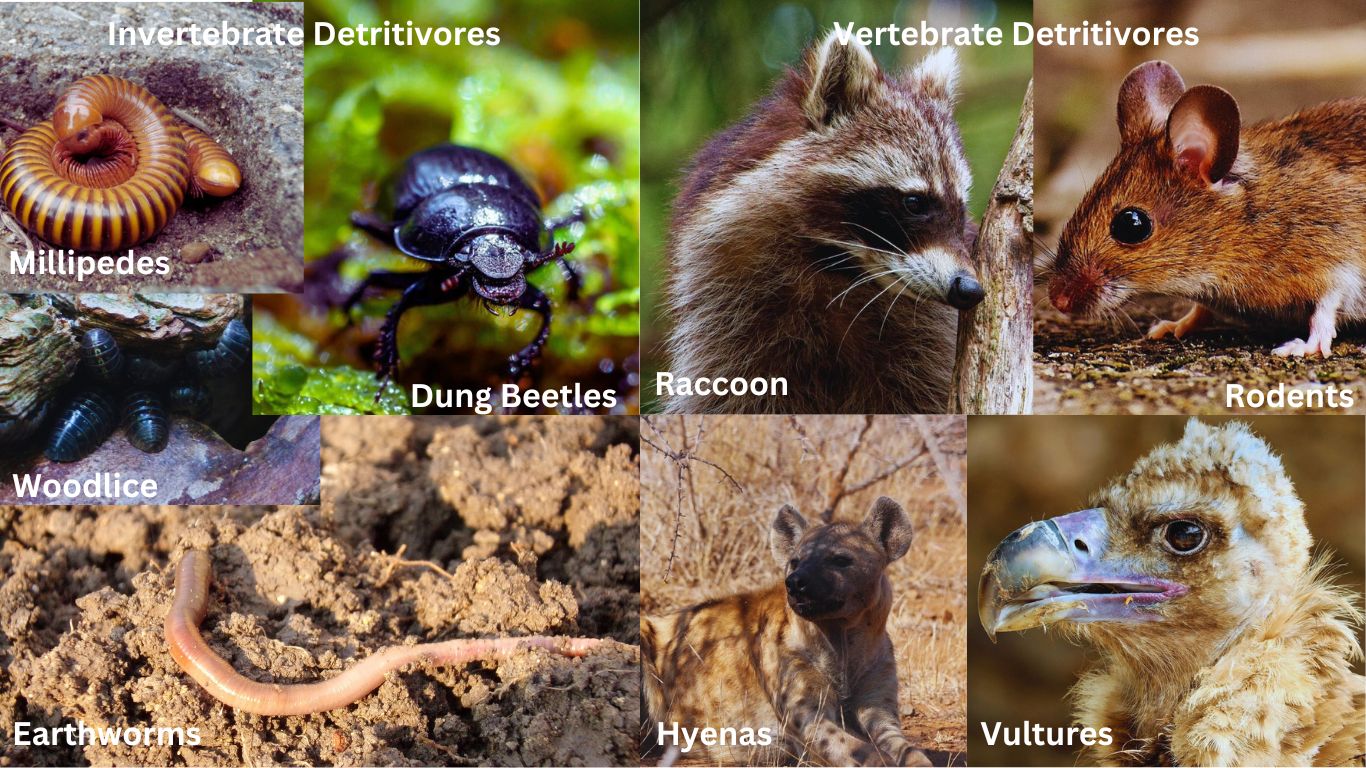
In aquatic ecosystems, freshwater crayfish and some species of aquatic insects, such as caddisflies and stoneflies, are detritivores that consume decaying plant material and detritus that accumulates in streams and rivers. Marine detritivores include sea cucumbers, which feed on decaying organic matter, dead organisms, and sediment on the ocean floor, aiding in nutrient recycling and maintaining the balance of marine ecosystems.
These examples highlight the important role detritivores play in ecosystem functioning and their significance in breaking down organic matter to support the overall health and productivity of ecosystems.
Characteristics of Detritivores
Detritivores possess distinct characteristics that enable them to fulfill their essential role in ecosystems. Firstly, their diet and feeding habits revolve around the consumption of dead organic matter. They feed on a variety of materials, including decaying plant material, dead animals, fallen fruits, and detritus found in soil or aquatic environments. Detritivores employ different feeding strategies such as scavenging, shredding, and filtering to obtain their food.
Secondly, detritivores exhibit physical adaptations that aid in consuming detritus. They have specialized mouthparts and digestive systems that can grind or shred organic matter, along with enzymes that assist in breaking down complex molecules. Some detritivores also harbor microbial symbionts in their digestive tracts to enhance digestion. Additionally, they possess long digestive tracts and crop or storage chambers that facilitate the processing and storage of ingested material.
Lastly, detritivores play a vital role in decomposition. They accelerate the decomposition process by mechanically fragmenting detritus, increasing surface area for microbial colonization, and introducing microbial communities to detritus through their gut. Their activities promote nutrient release, facilitate energy flow, and contribute to the overall cycling of nutrients in ecosystems.
Examples of Detritivores
Here are some examples of detritivores categorized as invertebrate and vertebrate detritivores:
A. Invertebrate Detritivores
1. Earthworms
Earthworms are commonly found in soil and play a crucial role in decomposing organic matter, such as dead leaves and plant debris. Their burrowing activities help aerate the soil and enhance nutrient recycling.
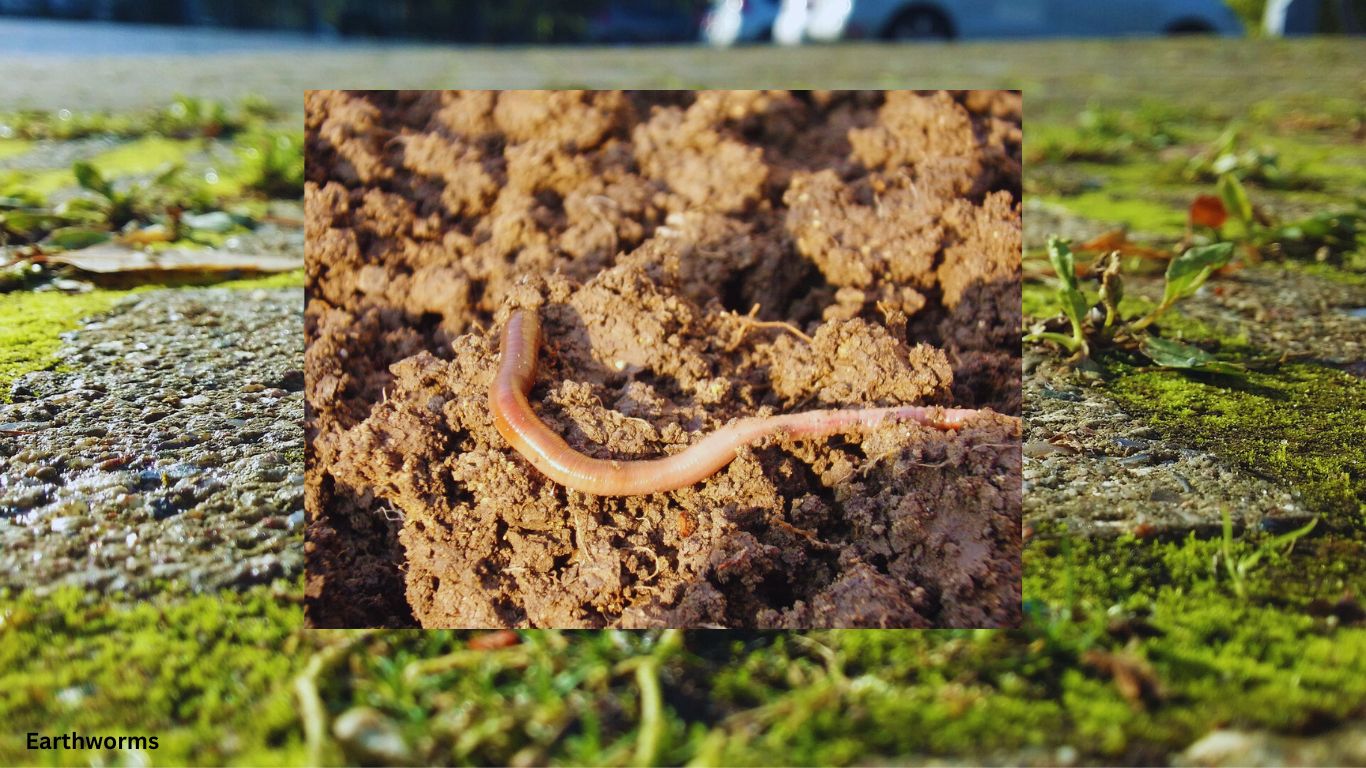
2. Woodlice
Also known as pill bugs or roly-polies, woodlice are small crustaceans that thrive in damp environments like forests and gardens. They feed on decaying plant material, dead insects, and fungi, contributing to the breakdown of organic matter.
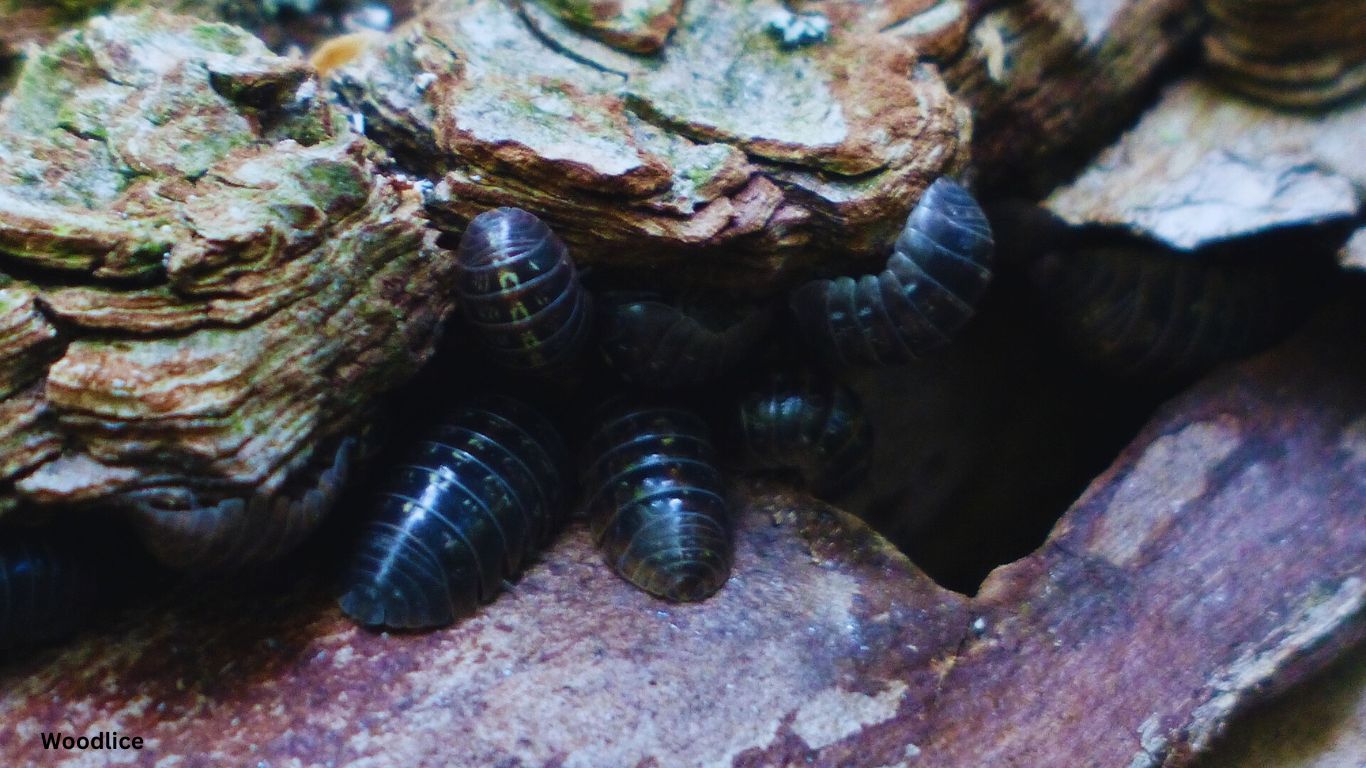
3. Millipedes
Millipedes are arthropods with multiple pairs of legs and a segmented body. They mainly feed on decaying plant material, leaf litter, and dead wood, breaking down tough plant matter and facilitating the decomposition process.
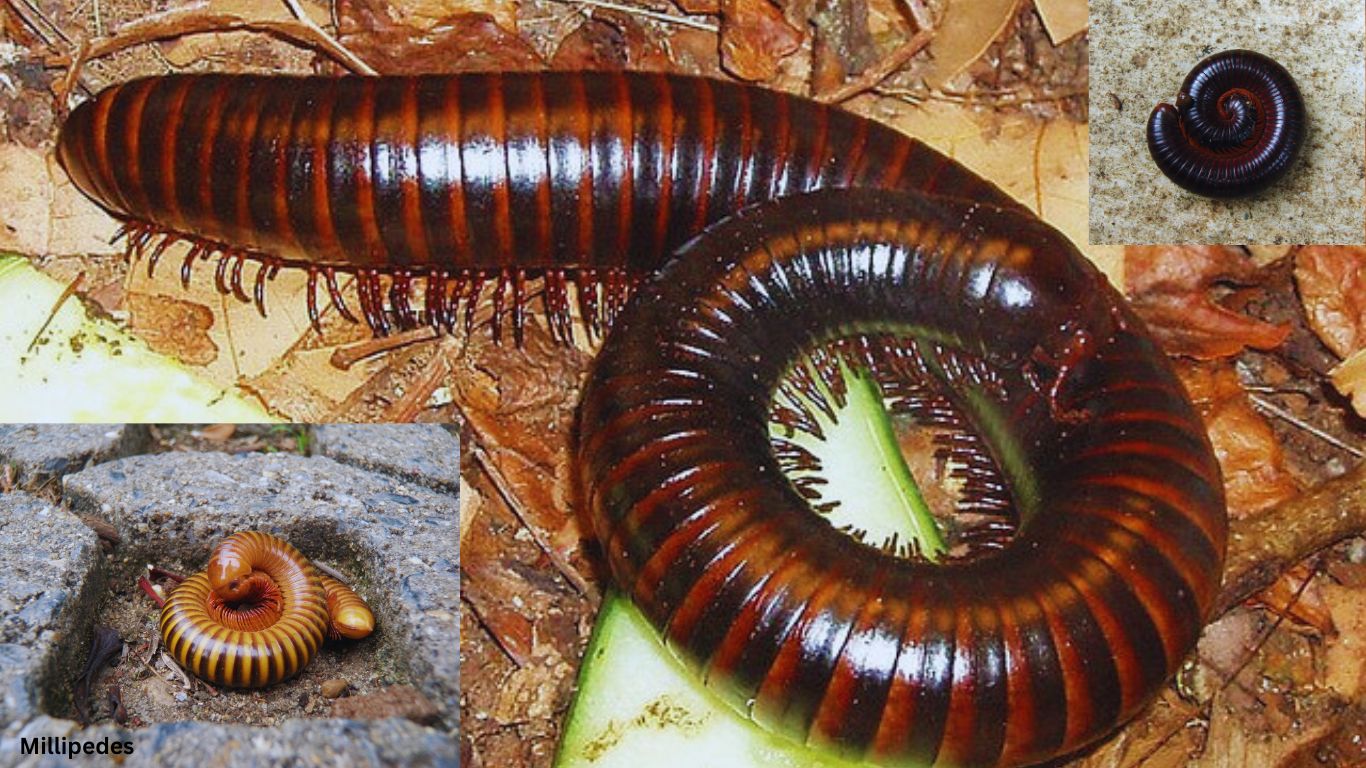
4. Dung Beetles
Dung beetles are detritivores that specialize in feeding on animal dung. By burying and consuming dung, they aid in nutrient recycling and promote soil health. Dung beetles also play a critical role in pest control by reducing the population of disease-carrying flies.
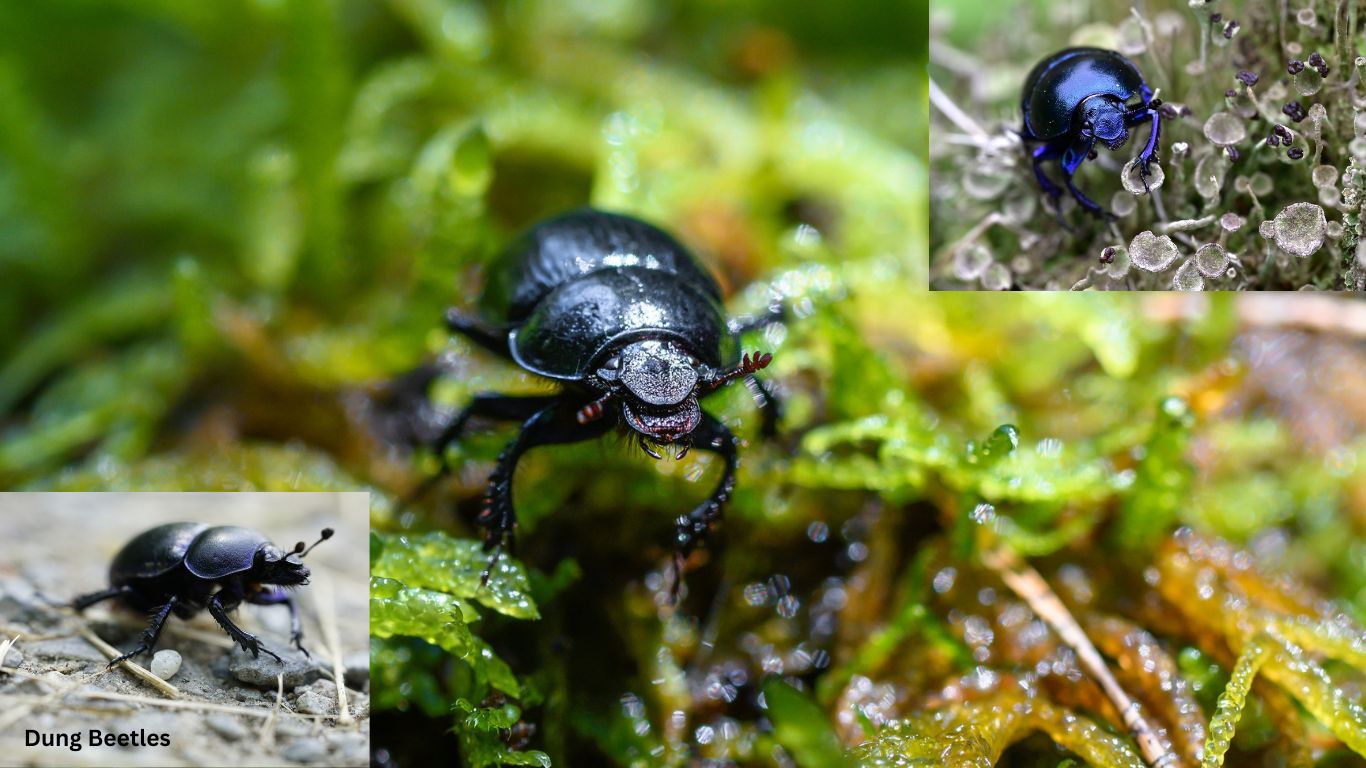
B. Vertebrate Detritivores
1. Vultures
Vultures are large scavenging birds that primarily feed on carrion (dead animals). They play an essential role in nutrient cycling by consuming and disposing of dead animal carcasses, preventing the spread of diseases and promoting ecosystem health.
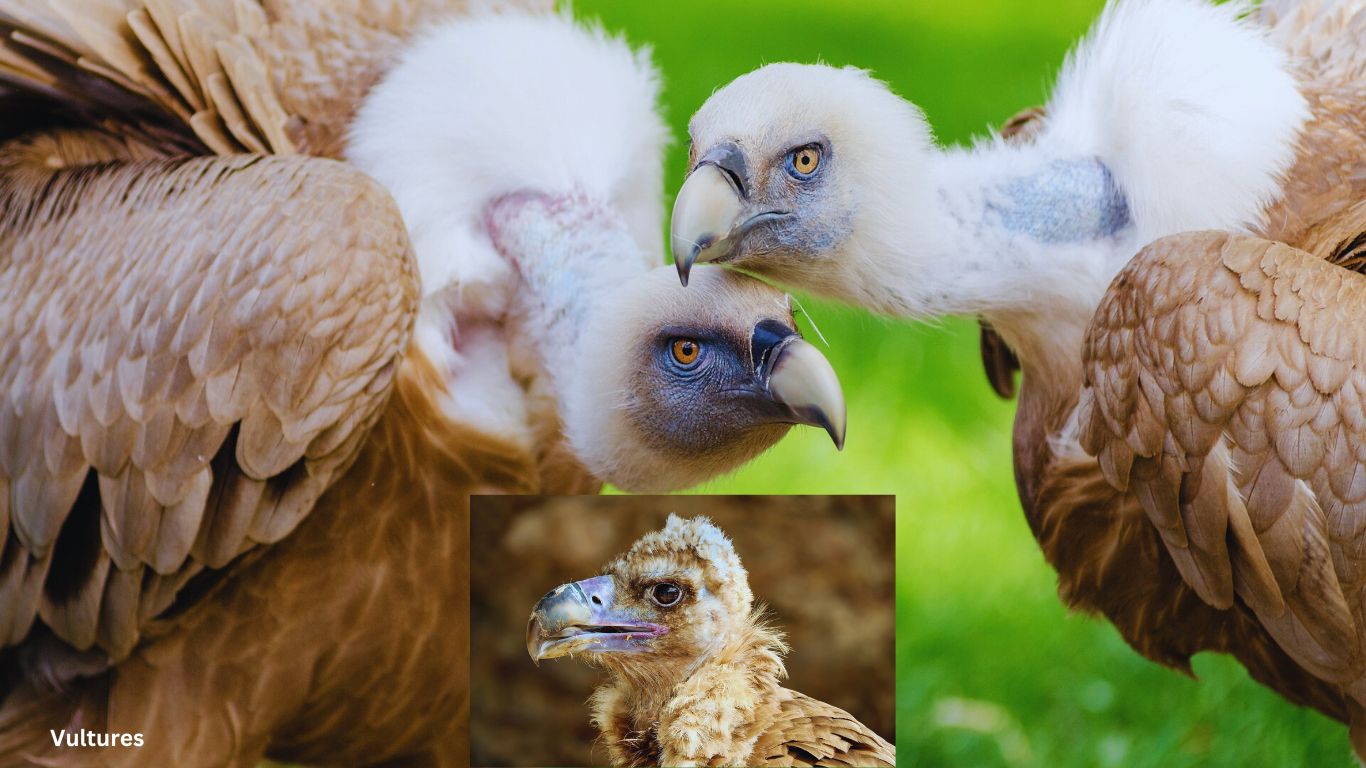
2. Scavenging Mammals
Several mammals are detritivores, including raccoons, hyenas, and some rodents. These animals consume various dead organic matter, including carcasses, fruits, and plant material, contributing to the decomposition process and nutrient cycling within their habitats.
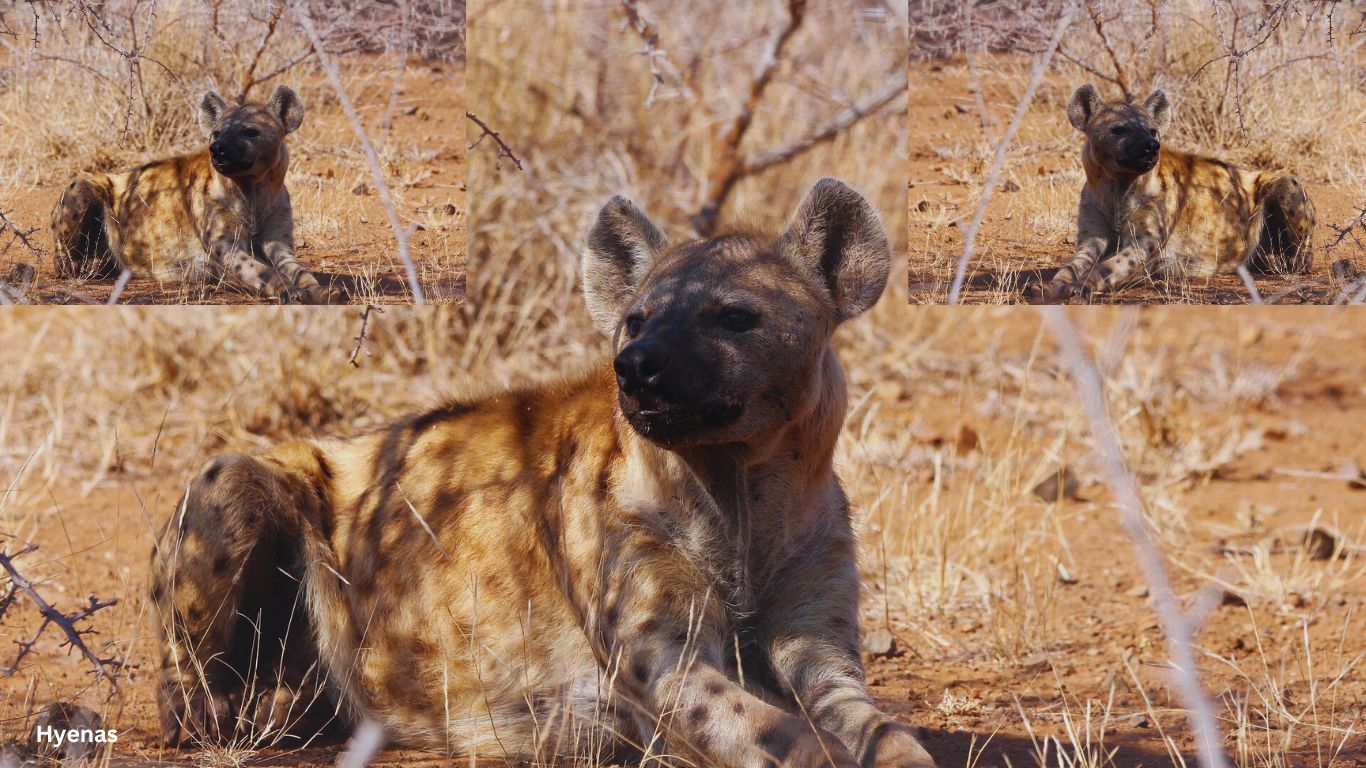
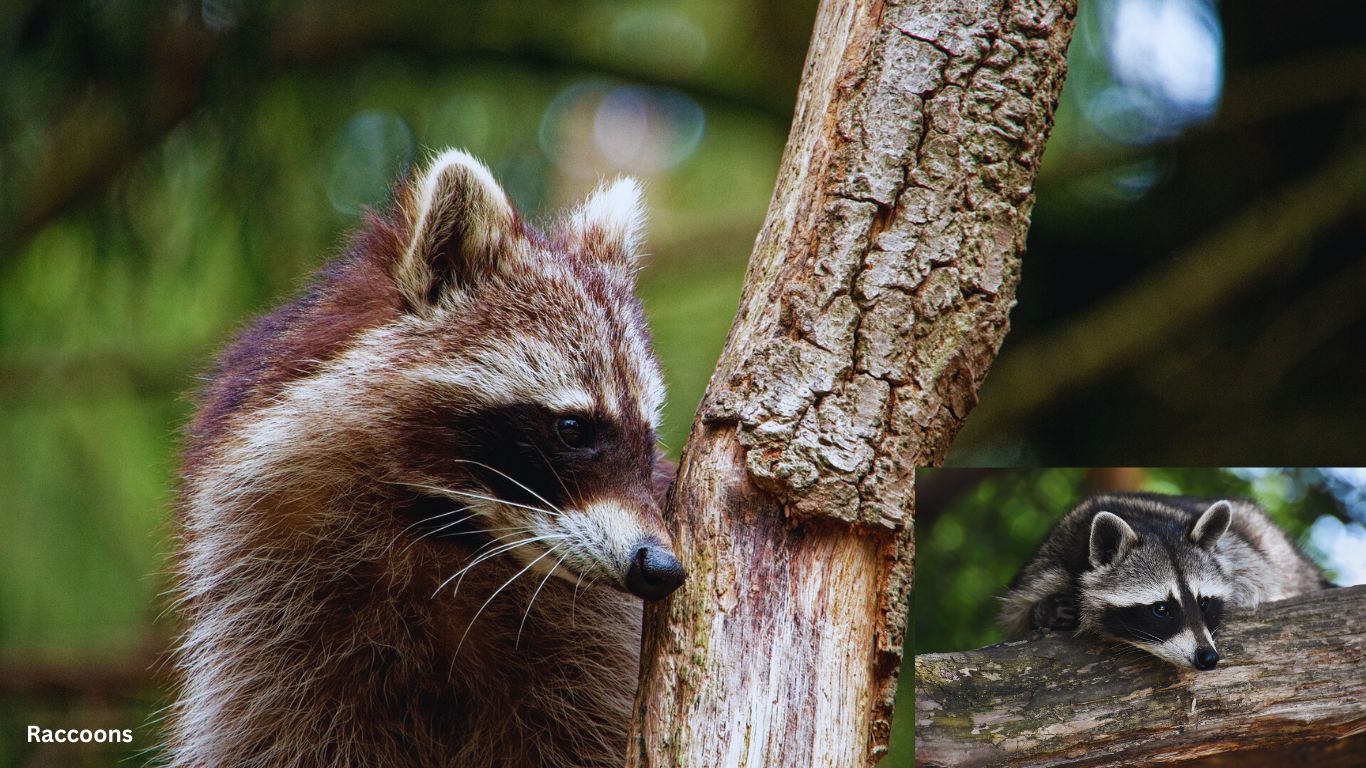
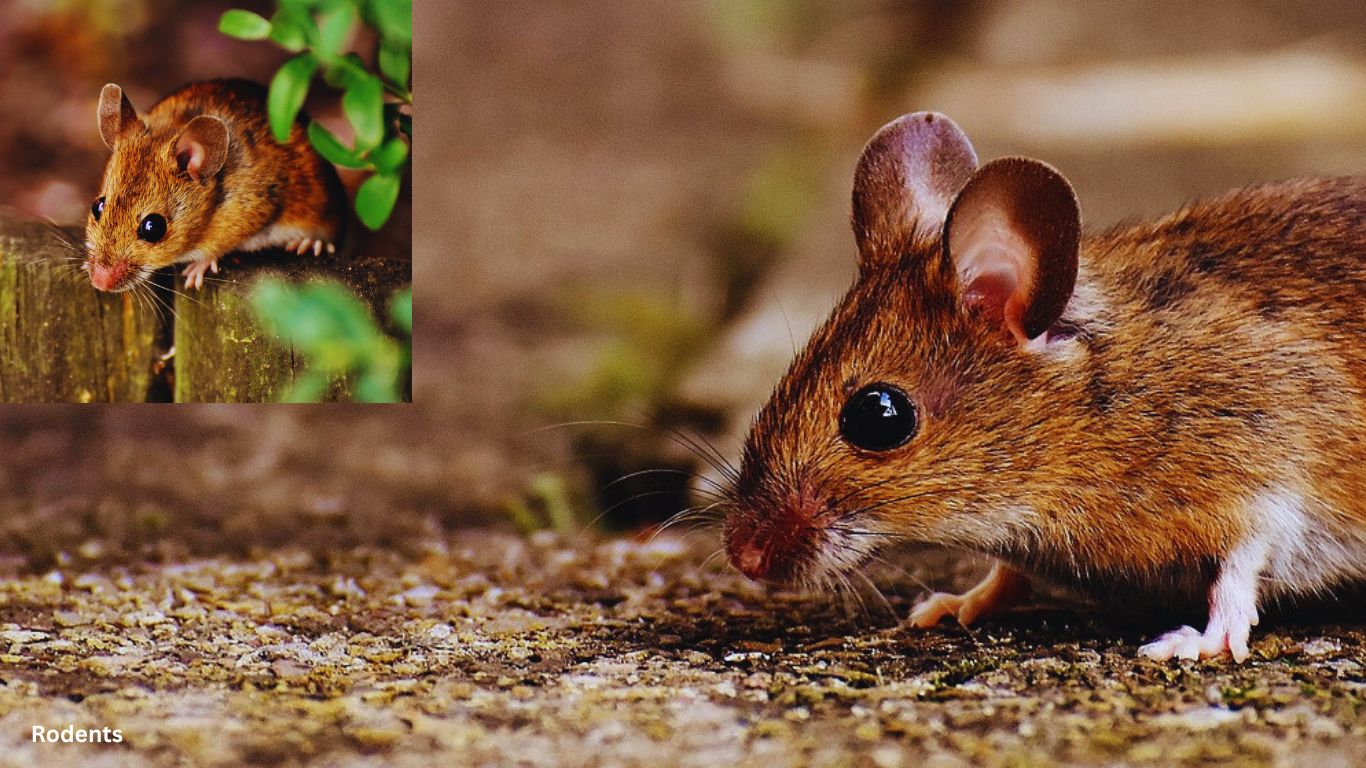
These examples highlight the diverse array of detritivores found in different ecosystems, all of which play a crucial role in the breakdown of dead organic matter and nutrient recycling.
Detritivores in Ecosystems
Detritivores play significant roles in ecosystems, impacting various aspects of nutrient cycling, decomposition, soil fertility, and interconnections with other trophic levels.
Let’s explore these aspects further:
A. Nutrient Recycling
Detritivores are vital for nutrient recycling in ecosystems. By consuming dead organic matter, they break it down into smaller particles, facilitating the release of nutrients. These nutrients are then made available to other organisms, such as plants and primary consumers, through the detritivores’ excretions and decomposition processes.
B. Decomposition Process
Detritivores are key contributors to the decomposition process. Their feeding activities physically break down organic matter, increasing its surface area for microbial colonization. This enhances the microbial decomposition process, accelerating the breakdown of complex organic compounds into simpler forms.
C. Impact on Soil Fertility
Detritivores, particularly invertebrates like earthworms, woodlice, and millipedes, have a profound impact on soil fertility. They help mix organic matter with the soil, enhancing its structure, aeration, and water-holding capacity. Additionally, detritivores enrich the soil with essential nutrients through their consumption and digestion of organic matter, contributing to the overall fertility and health of the soil.
D. Link between Detritivores and Other Trophic Levels
Detritivores serve as a crucial link between different trophic levels in ecosystems. They consume dead organic matter, transferring energy and nutrients from detritus to higher trophic levels. For example, scavenging mammals and vultures feed on carcasses, acting as secondary consumers that utilize energy derived from detritus. Detritivores also support the growth of decomposer microorganisms, which are essential for the functioning of ecosystems.
Overall, detritivores play a fundamental role in nutrient recycling, decomposition processes, soil fertility enhancement, and connecting different trophic levels within ecosystems. Their activities contribute to the overall stability, productivity, and functioning of ecological systems.
Detritivores and Human Activities
Detritivores have significant implications for human activities, particularly in the areas of waste management, the impact of pollution on detritivores, and conservation efforts. Let’s explore each of these aspects:
A. Importance in Waste Management
Detritivores play a crucial role in waste management. They aid in the decomposition and recycling of organic waste, such as food scraps, plant matter, and animal remains. Utilizing detritivores, such as composting worms, in waste management systems can help reduce the volume of waste sent to landfills and contribute to the production of nutrient-rich compost for agricultural purposes.
B. Impact of Pollution on Detritivores
Pollution can have adverse effects on detritivores. Chemical pollutants, including pesticides, heavy metals, and toxic substances, can accumulate in detritus and disrupt the detritivore communities. Pollution can impair their feeding behavior, reproduction, and overall population dynamics. It is crucial to minimize pollution and adopt sustainable practices to protect detritivores and maintain their ecological functions.
C. Conservation Efforts and Promoting Detritivore Populations
Recognizing the ecological importance of detritivores, conservation efforts are necessary to protect and promote their populations. Conservation measures may include preserving natural habitats, reducing pollution and habitat destruction, and implementing sustainable land management practices. Creating awareness about the role of detritivores and their conservation needs is essential to ensure their long-term survival and the health of ecosystems they inhabit.
Additionally, promoting detritivores in urban environments through initiatives like community composting and integrating green spaces can enhance their populations and contribute to local ecosystem health. Research and monitoring programs can provide valuable information about the status of detritivore populations, their responses to environmental changes, and guide conservation strategies.
In summary, recognizing the importance of detritivores in waste management, understanding the impacts of pollution on their populations, and implementing conservation efforts are crucial for maintaining healthy ecosystems and sustainable practices in human activities.
Conclusion
In conclusion, detritivores play vital roles in ecosystems, contributing to nutrient recycling, the decomposition process, and soil fertility. They serve as essential links between different trophic levels, transferring energy and nutrients from dead organic matter to higher levels. Detritivores are instrumental in waste management, aiding in the decomposition of organic waste and reducing reliance on landfills. However, detritivores are vulnerable to pollution, which can disrupt their populations and ecological functions.
The significance of detritivores for maintaining ecological balance cannot be overstated. They promote nutrient cycling, regulate decomposition rates, and contribute to the overall health and functioning of ecosystems. Detritivores also influence other organisms, such as plants, through their interactions and nutrient availability.
Future research should focus on understanding the specific roles and contributions of different detritivore species in different ecosystems. Investigating the impacts of environmental changes, including pollution and habitat loss, on detritivore populations is crucial for effective conservation strategies. Conservation efforts should aim to protect detritivore habitats, minimize pollution, and promote sustainable practices in waste management and land use.
In summary, detritivores are invaluable organisms that play critical roles in ecosystems, contributing to nutrient cycling, decomposition, and soil fertility. Recognizing their ecological significance, conducting further research, and implementing conservation measures are essential for ensuring the preservation and functioning of detritivore populations and the overall health of ecosystems.

1 thought on “Detritivores Definition Defined: From Waste to Wonder in Our Ecosystem”